Search
Search Results

Definition
Artemis
Artemis was the Greek goddess of hunting, wild nature, and chastity. Daughter of Zeus and sister of Apollo, Artemis was a patron of girls and young women, and a protectress during childbirth. Artemis was widely worshipped but her most famous...
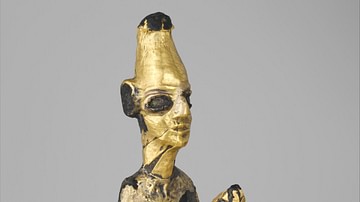
Definition
Canaan
Canaan was the name of a large and prosperous ancient country (at times independent, at others a tributary to Egypt) located in the Levant region of present-day Lebanon, Syria, Jordan, and Israel. It was also known as Phoenicia. The origin...
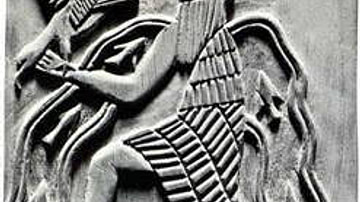
Definition
Enki
Enki (also known as Ea, Enkig, Nudimmud, Ninsiku, Nissiku) was the Sumerian god of wisdom, fresh water, intelligence, trickery and mischief, crafts, magic, exorcism, healing, creation, virility, fertility, and art. Iconography depicts him...
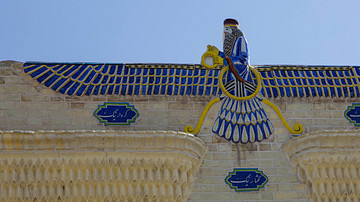
Definition
Zarathustra
Zarathustra (also given as Zoroaster, Zartosht, Zarathustra Spitama, l. c. 1500-1000 BCE) was the Persian priest-turned-prophet who founded the religion of Zoroastrianism (also given as Mazdayasna “devotion to Mazda”), the first monotheistic...
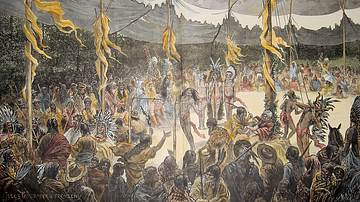
Definition
Sun Dance
The Sun Dance is a ritual ceremony observed by the Plains Indians of the regions of modern Canada and the United States to awaken the earth, renew the community, give thanks for the sun, and petition or give thanks for favors from the Great...
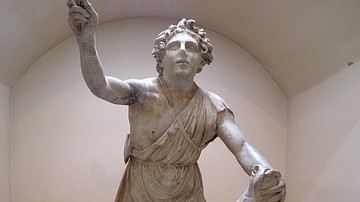
Definition
Mithraism
The Mithraic Mysteries, also known as Mithraism, were a mystery cult in the Roman world where followers worshipped the Indo-Iranian deity Mithras (Akkadian for "contract") as the god of friendship, contract and order. The cult first appeared...
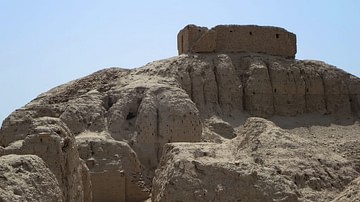
Definition
Enlil
Enlil (also known as Ellil and Nunamnir) was the Sumerian god of the air in the Mesopotamian Pantheon but was more powerful than any other elemental deities and eventually was worshiped as King of the Gods. He is featured in a number of important...
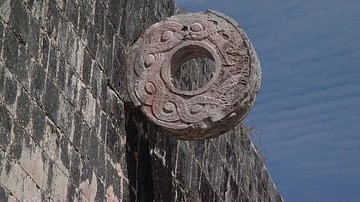
Article
The Ball Game of Mesoamerica
The sport known simply as the Ball Game was played by all the major Mesoamerican civilizations and the impressive stone courts became a feature of many cities. More than just a game, it could have a religious significance and featured in...

Article
The Aztec Calendar
The Aztecs of ancient Mexico measured time with a sophisticated and interconnected triple calendar system which followed the movements of the celestial bodies and provided a comprehensive list of important religious festivals and sacred dates...
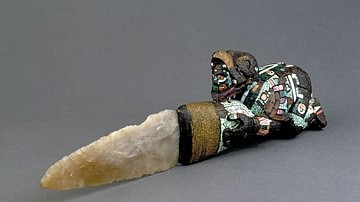
Article
Aztec Ceremonial Knife
The Aztec mosaic-handled knife currently in the British Museum, London dates to between 1400 and 1521 CE and is thought to have been used in religious ceremonies. Made from wood and flint the knife handle represents an Aztec warrior but the...